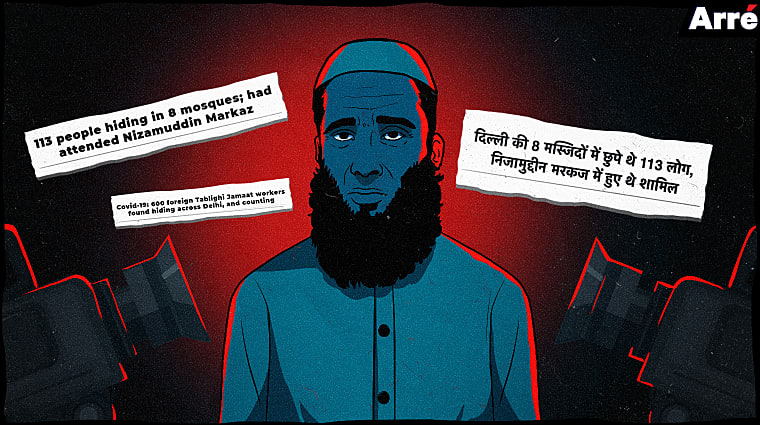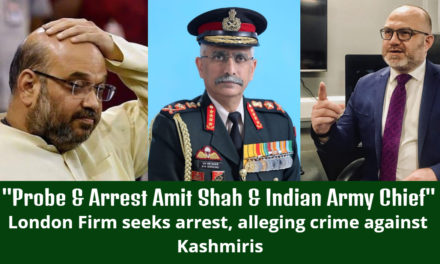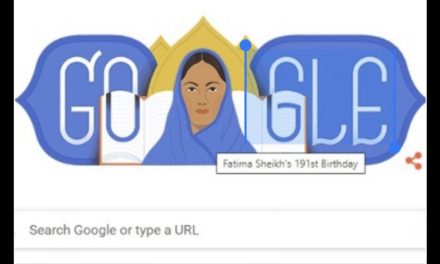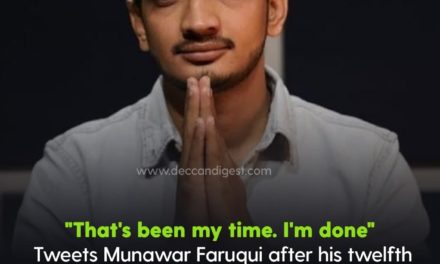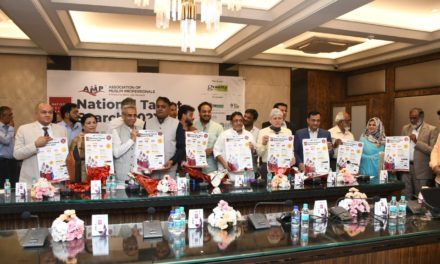New Delhi: The Jamiat Ulema-e-Hind (JUH), a prominent Indian Muslim scholars’ body, has approached the Supreme Court seeking directives to stop communalization of COVID-19 related news by some media houses post Tablighi Jamaat episode. The apex court on Monday refused to pass any interim order to stop such reporting carried out by a section of print and electronic media in recent times. The court observed, “cannot curb freedom of press” and asked the petitioner JUH to implead the Press Council of India (PCI) as a party to the case.
The matter was heard by a three-judge that included Justices L Nageswara Rao and M M Shantanagoudar and headed by Chief Justice S A Bobde, told the lawyer Ejaz Maqbool, appearing for the petitioner, “we cannot curb the freedom of press.” Ejaz contended that there was violence due to constant repressive reports around Talighi Jamaat on some news channels. Which has created an atmosphere of hate against a community among public.
Maqbool persisted with the Court owning to biased reporting there were incidents of targeted violence against Muslims across the country. He particularly cited violence reported in Karnataka, there have been incidents of violence owing to the reportage, and those names of people have been made public.
In response, CJI Bobde stated that if it was a question of killing, defamation “then your remedy is somewhere else,” but “if it’s a question of larger reporting then PCI has to be made party.”
It further stated that the demonization and vilification campaign against Muslims has led to serious “threat to life and liberty of Muslims”, and has thus led to the violation of their “Right to life under Article 21.” Most of the reports presented the facts in a twisted manner, using phrases like “Corona Jihad”, “Corona Terrorism” or “Islamic Resurrection”.
While listing “several social media posts” which “wrongly showed Muslims doing deliberate acts to spread COVID-19,” the petition argued that if there is any delay in ordering a directive to stop communal reporting regarding the Markaz issue, it would only “promote ill-will, enmity and hatred towards the Muslim community in India.”
The bench didn’t budge to the arguments put forth by the counsel and posted the matter for hearing after two weeks. The hearing was conducted through video-conference.

